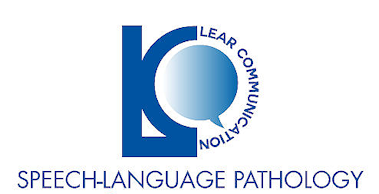Stroke - Dysarthria
Dysarthria is often caused by a stroke but can also result from brain injuries, degenerative conditions (such as Parkinson’s, Huntington’s, or multiple sclerosis), infections like meningitis, brain tumors, or exposure to toxins from substances like alcohol, drugs, or carbon monoxide.
Dysarthria is a motor speech disorder characterized by difficulty in planning, coordinating, or controlling the movement of the speech muscles.

Signs of Dysarthria
- Running out of breath while speaking
- Slurred or staccato speech
- Monotone voice
- Voice that is too high, too low, too loud, or too quiet
- Hoarse or breathy voice
- Difficulty moving the lips or tongue
- Trouble swallowing
Speech-language pathologists evaluate an individual’s speech impairments through various speech tasks, identifying specific challenges and tailoring exercises to improve those areas. They also develop compensatory strategies to enhance communication. Speech therapy is highly effective in restoring and adapting motor speech skills, helping individuals regain clarity and confidence in their speech.
Self-Directed Techniques
✅ Find a quiet environment with minimal background noise.
✅ Speak slowly and maintain eye contact with your listener.
✅ Use short phrases to make communication easier.
✅ Take a deep breath before speaking and exaggerate speech sounds for clarity.
✅ Schedule vocal rest periods before important conversations or phone calls.
✅ If your voice is soft, consider using a voice amplifier.
✅ Write down messages using pen and paper when needed.
✅ Spell words out loud or use an alphabet board for clarification.
✅ Ask yes/no questions or provide written choices to assist understanding.
✅ Use gestures or point to objects in the room to reinforce your message.
For personalized guidance tailored to your specific needs, consult a speech-language pathologist.




